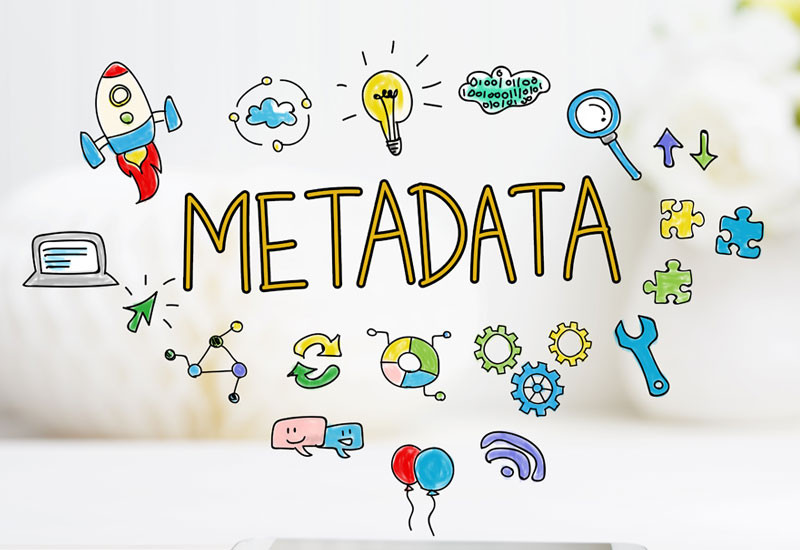
The challenge of helping repositories to expose their (meta) data in a more FAIR manner is not independent of making the metadata itself more interoperable. Two virtual sessions recently organised by FAIRsFAIR Work package 2 (FAIR Practices: Semantics, Interoperability, and Services) highlighted and further developed the findings from two reports which explore these twin issues.
Minimum Metadata Schema for semantic artefacts, held on 29 April, continued the discussion amongst semantic experts of the report D2.2 FAIR Semantics: First recommendations published in March as the first iteration of what will become a set of guidelines recommendations for making semantic artefacts FAIR. To be considered as the basis for discussion with the semantic community at large, the report proposes 17 preliminary recommendations related to the FAIR principles, and 10 best-practice recommendations to improve the global FAIRness of semantic artefacts.
The workshop was attended by some 40 representatives from the semantic interoperability field as well as from repositories which store and expose various types of semantic artefacts. Their goal was to discuss and agree on a minimum set of descriptive metadata for semantic artefacts and on a dedicated DCAT profile for publishing semantic artefact collections. It was agreed that this minimum set of metadata should be derived from existing vocabularies and ontologies describing semantic artefacts. Discussion was extremely fruitful and will be continued in the context of a dedicated Task Group within the RDA Vocabulary and Semantic Services IG.
Further comments and suggestions are still very welcome and may be offered directly on the document at this link.
Common Metadata Interfaces for repositories, held on May 6, united some 35 participants around discussion based on the report D2.3 Set of FAIR data repositories features. The report, which was also discussed in a recent webinar - recording here, presents guidelines for the “FAIRification” of repositories capable of hosting FAIR digital objects. Amongst the participants in the discusion of common metadata interfaces were representatives from twelve repositories which have been selected by FAIRsFAIR to receive support in improving their interoperability levels. These individuals each demonstrated their existing metadata models, which made the theoretical ideas much more applicable for all attendees.
As a means of further enhancing work to date on improving the interoperability of metadata and incorporating better semantics, the workshops were extremely fruitful.
